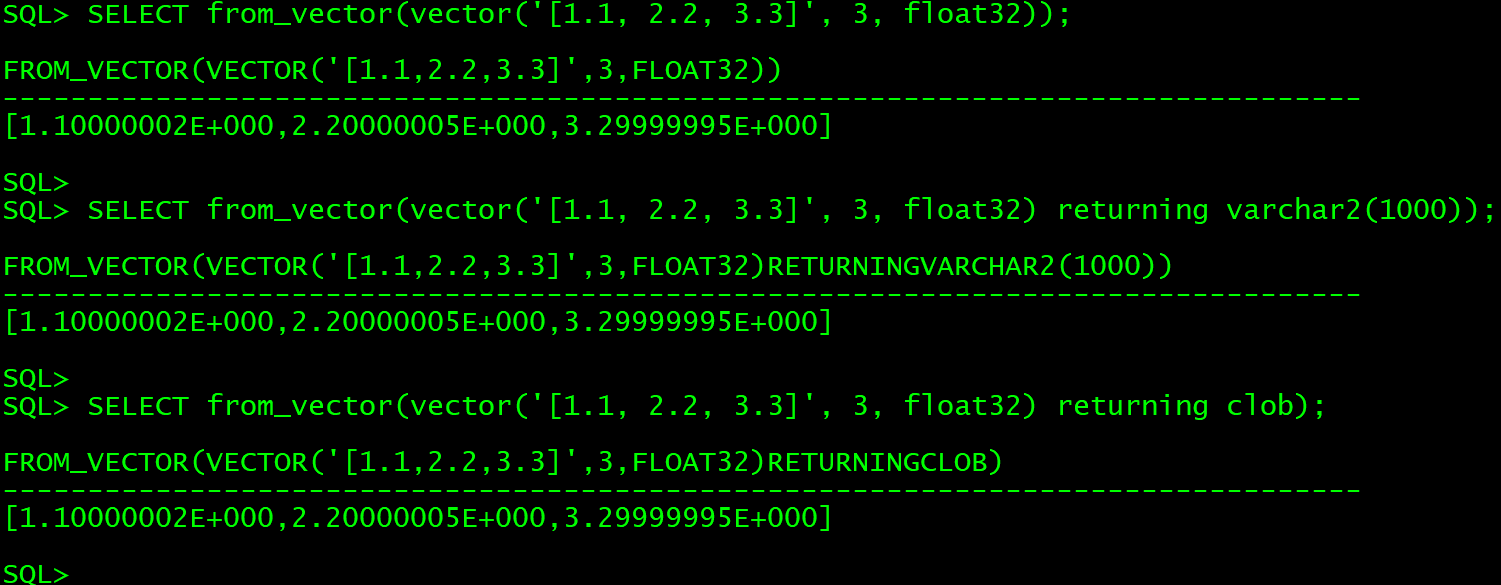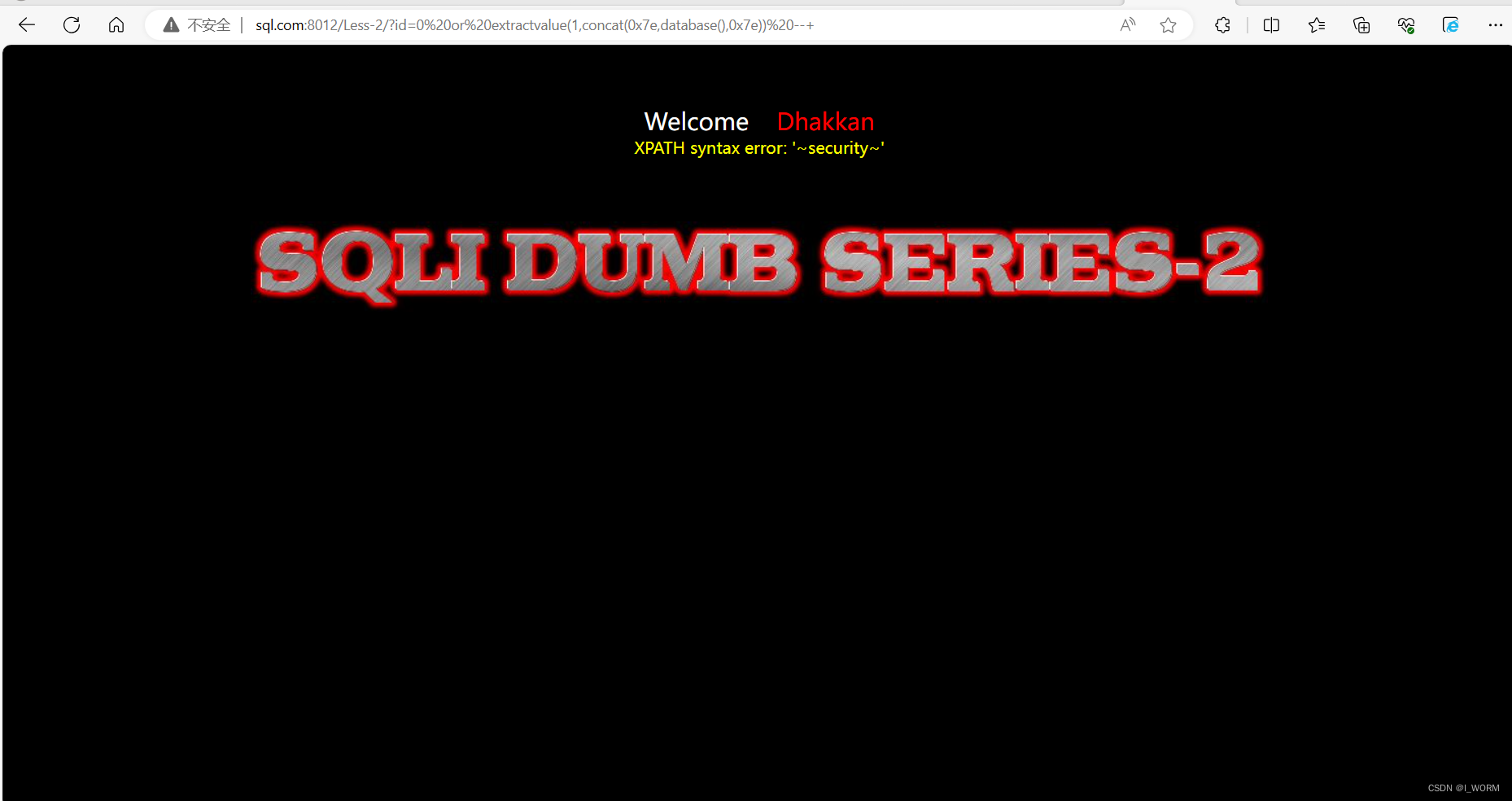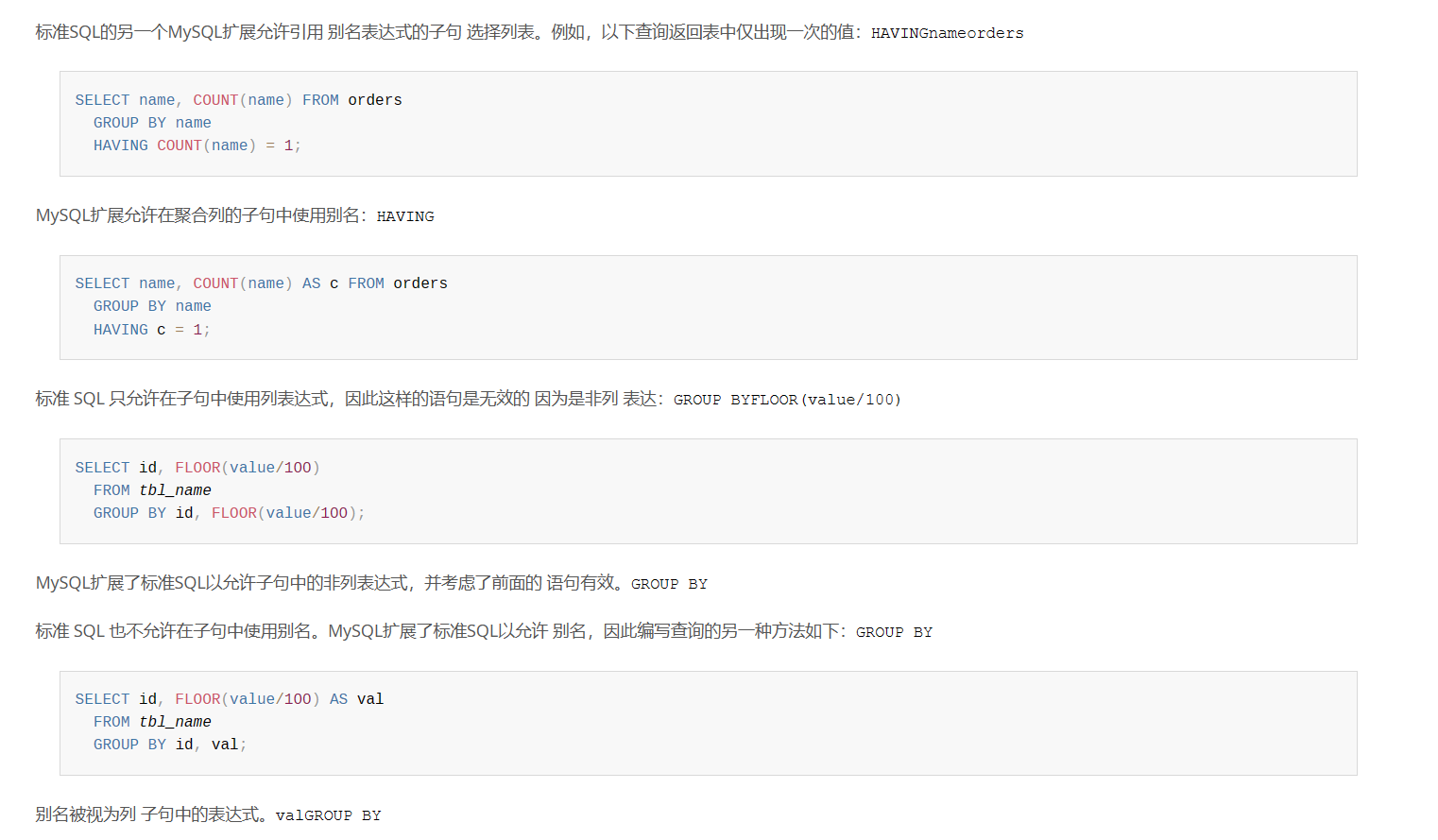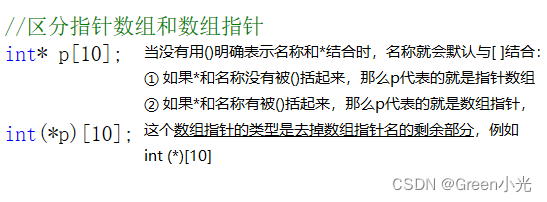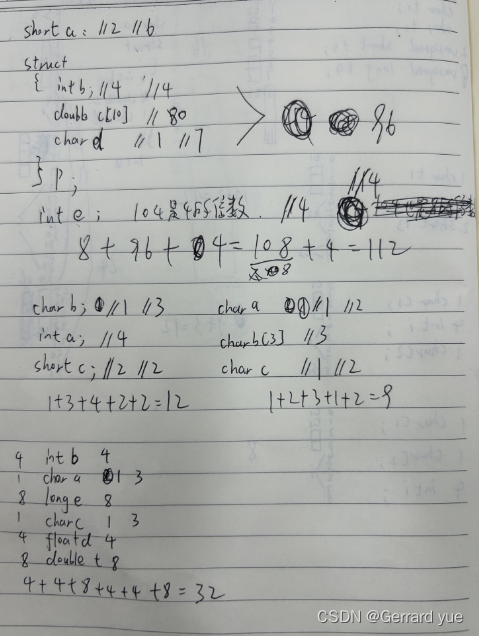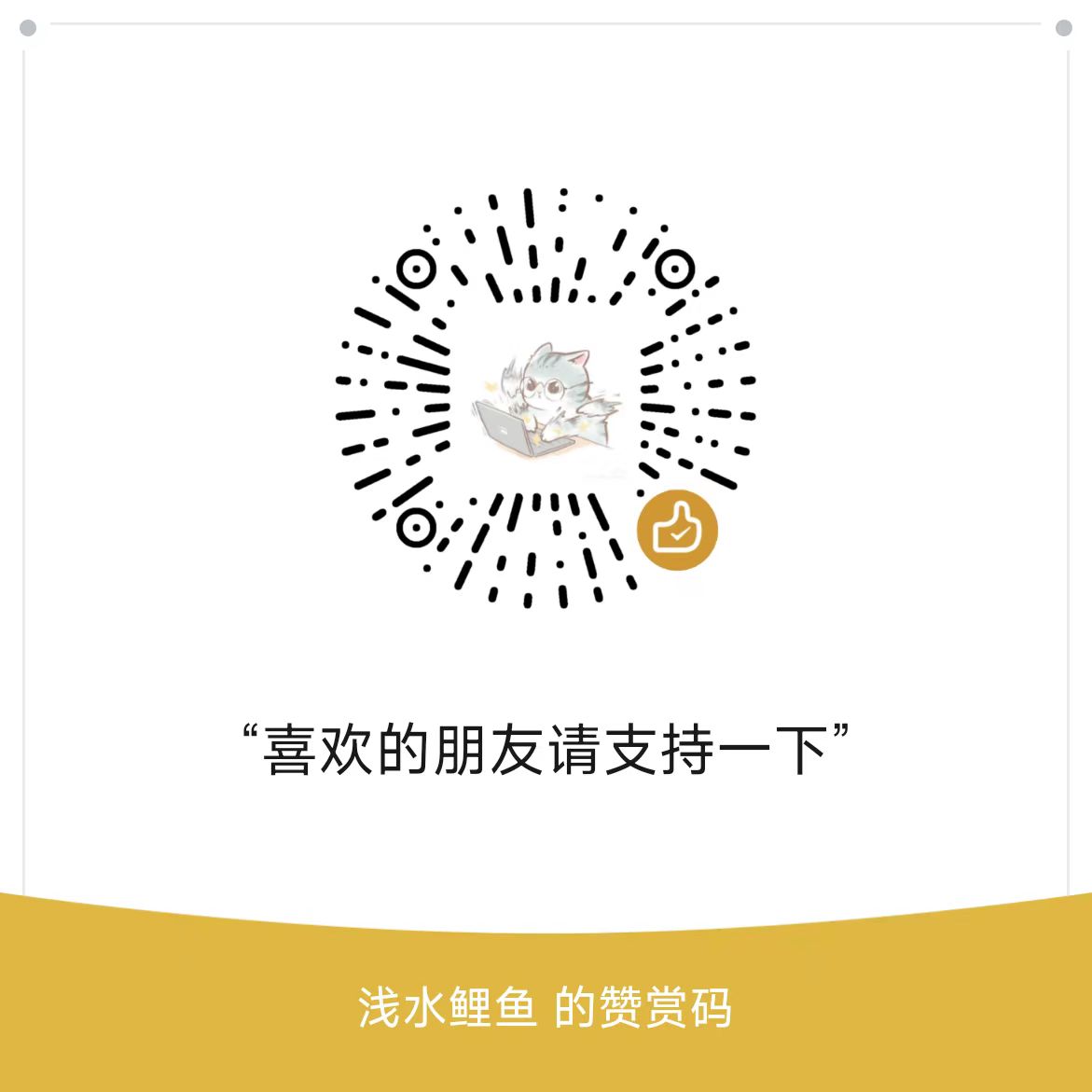1.请看下面两个计算空格和换行符数目的代码片段:
//Version 1
while(cin.get(ch)) //quit on eof,EOF(检测文件尾)
{
if(ch == ' ')
spaces++;
if(ch == '\n')
newlines++;
}
//Version 2
while(cin.get(ch)) //quit on eof
{
if(ch == ' ')
spaces++;
else if(ch == '\n')
newlines++;
}第二种格式比第一种格式好在哪里呢?
这两个版本将给出相同的答案,但是if else版本的效率更高。例如,考虑当ch为空格时的情况。版本1对空格加1,然后看它是否为换行符,这将浪费时间。在这种情况下,版本2将不会查看字符是否为换行符。
2.在程序清单6.2中,用ch+1替换++ch将发生什么情况呢?
++ch:
//if else 6.2
#if 0
#include<iostream>
int main()
{
char ch;
std::cout << "Type, and I shall repeat.\n";
std::cin.get(ch);//成员函数cin.get(char)读取输入中的下一个字符(即使它是空格),并将其赋给变量ch
while (ch != '.')
{
if (ch == '\n')
std::cout << ch;
else
std::cout << ++ch;
std::cin.get(ch);
}
std::cout << "\nPlease excuse the slight confusion.\n";
system("pause");
return 0;
}
#endif 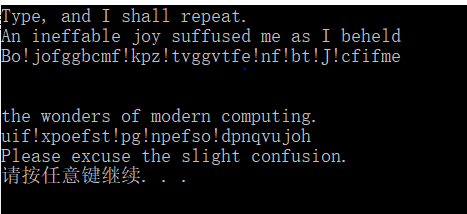
ch+1替换++ch:

++ch和ch+1得到的数值相同。但是ch++的类型为char,将作为字符打印, 而ch+1是int类型(因为将char和int相加),将作为数字打印。
3.请认真考虑下面的程序:
//3
#if 1
#include<iostream>
using namespace std;
int main()
{
char ch;
int ct1, ct2;
ct1 = ct2 = 0;
while ((ch = cin.get()) != '$')
{
cout << ch;
ct1++;
if (ch = '$')
ct2++;
cout << ch;
}
cout << "ct1 = " << ct1 << ", ct2 = " << ct2 << endl;
system("pause");
return 0;
}
#endif假设输入如下(请在每行末尾按回车键):
Hi!
Send $10 or $20 now!
则输出将是什么(还记得吗,输入被缓冲)?
答案:
由于使用ch = '$',而不是ch== '$',将产生下面的结果:
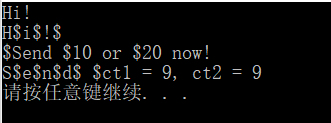
在第二次打印前,每个字符都被转换为$字符。另外,表达式ch = '$'的值为$字符的值,因此它是非0值,因而为true,所以每次ct2将被加1。




